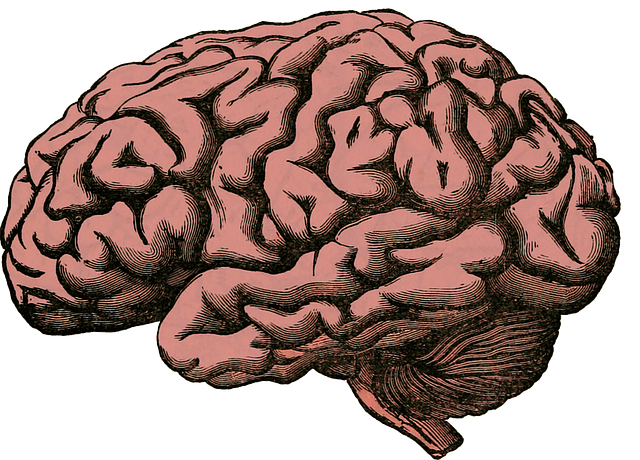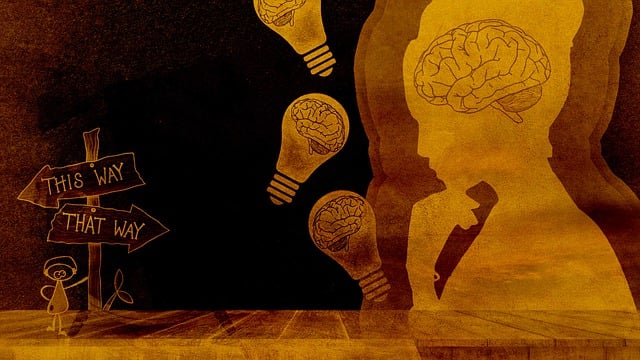In response to growing mental health challenges across all demographics, organizations like Centennial Child Abuse Therapy are pioneering comprehensive mental wellness coaching programs focused on prevention and early intervention. These initiatives offer tailored support, cultural competency training, and accessible care through community outreach, empowering individuals with resilience and healthier coping mechanisms. Using evidence-based practices alongside creative strategies, these programs create safe spaces for emotional healing, particularly targeting the lasting effects of childhood abuse and neglect. Continuous improvement is driven by participant feedback and behavioral change tracking, ensuring optimized impact and long-term positive outcomes.
Mental wellness coaching programs are gaining traction as essential tools for fostering resilience and mitigating stress. This article delves into the development of such programs, highlighting the critical role that organizations like Centennial Child Abuse Therapy play in shaping effective strategies. We explore key aspects from understanding the growing need to implementing accessible support, focusing on techniques, curriculum design, and measurement of success. By leveraging evidence-based practices, these initiatives promote holistic well-being.
- Understanding the Need for Mental Wellness Coaching Programs
- The Role of Centennial Child Abuse Therapy in Program Development
- Designing Effective Coaching Techniques and Curriculum
- Implementing and Promoting Accessibility in Mental Health Support
- Measuring Success and Continuous Improvement in Coaching Initiatives
Understanding the Need for Mental Wellness Coaching Programs

In today’s fast-paced and often stressful world, the need for mental wellness coaching programs has never been more evident. Issues like anxiety, depression, and stress-related disorders are on the rise, affecting individuals across various demographics, including young people. Organizations such as Centennial Child Abuse Therapy recognize this growing concern and are at the forefront of developing comprehensive coaching initiatives. These programs aim to provide support and guidance to help individuals navigate their mental health journeys effectively.
Mental wellness coaching offers a proactive approach to healthcare by focusing on prevention and early intervention. It empowers individuals to develop resilience, enhance self-awareness, and adopt healthier coping mechanisms. Moreover, with the integration of Cultural Competency Training for healthcare providers, these programs can cater to diverse populations, ensuring inclusive and effective support. Additionally, Community Outreach Program Implementation plays a vital role in reaching underserved communities, addressing burnout prevention, and fostering overall mental well-being within society.
The Role of Centennial Child Abuse Therapy in Program Development

Centennial Child Abuse Therapy plays a pivotal role in shaping the development of mental wellness coaching programs, drawing on its expertise in trauma-informed care. By understanding the profound impact of childhood abuse and neglect, this therapy approach guides the creation of supportive, safe spaces essential for emotional healing processes. The therapists at Centennial focus on building resilience, teaching coping mechanisms, and fostering healthy relationships, all crucial components in enhancing mental wellness.
This therapeutic model emphasizes cultural sensitivity in mental healthcare practice, recognizing that every individual’s experience is unique. By incorporating these insights into coaching programs, practitioners can ensure inclusive practices that resonate with diverse populations. The Mental Wellness Podcast Series Production can further amplify these efforts by sharing real-life stories and evidence-based strategies, contributing to a broader understanding of emotional healing processes within different cultural contexts.
Designing Effective Coaching Techniques and Curriculum

Designing effective coaching techniques and curriculum is a meticulous process that requires a deep understanding of both mental health principles and the diverse needs of clients. For programs focusing on healing from childhood trauma, like Centennial Child Abuse Therapy, this means incorporating tailored strategies to address complex emotional issues. Coaches must be adept at navigating sensitive topics, fostering safe spaces for expression, and teaching coping mechanisms that resonate with individuals’ unique experiences.
A well-structured curriculum should integrate evidence-based practices alongside creative approaches. For instance, integrating cultural competency training for healthcare providers can enhance the effectiveness of coaching by promoting understanding and empathy towards diverse backgrounds. Regular risk assessments for mental health professionals are also crucial to identify potential challenges and ensure the safety and well-being of both coaches and clients. Additionally, depression prevention strategies can be woven into the program to equip individuals with tools to manage and prevent relapses.
Implementing and Promoting Accessibility in Mental Health Support

In the realm of mental wellness coaching, promoting accessibility is paramount to ensuring support reaches those who need it most, including vulnerable populations like children who have experienced Centennial Child Abuse Therapy. Implementing inclusive practices involves removing barriers that might deter individuals from seeking help, such as financial constraints or a lack of awareness about available resources. One effective strategy is offering sliding fee scales or free services for those with limited means, ensuring cost doesn’t become an obstacle to care.
Additionally, integrating innovative communication strategies and tailoring support to diverse needs can enhance accessibility. This includes utilizing digital platforms for remote sessions, accommodating different learning styles through varied delivery methods (e.g., workshops, group therapy, one-on-one coaching), and incorporating cultural sensitivity to address unique emotional healing processes across various backgrounds. Organizations like Stress Management Workshops aim to empower individuals by providing tailored tools and resources that cater to diverse mental health needs.
Measuring Success and Continuous Improvement in Coaching Initiatives

Measuring success and driving continuous improvement are essential aspects of any coaching initiative, especially when focusing on mental wellness. In the context of Centennial Child Abuse Therapy, for instance, evaluating the impact of coaching programs requires a multifaceted approach. One key metric is participant satisfaction, gauged through regular feedback surveys to understand their experience and identify areas for enhancement. Additionally, tracking behavioral changes pre- and post-coaching sessions can provide valuable insights into the program’s effectiveness in building resilience and improving mood management skills among participants.
Continuous improvement cycles involve regularly reviewing coaching methodologies, adapting them based on client needs, and incorporating best practices from various sources, including peer-reviewed research and expert recommendations. This iterative process ensures that programs remain relevant, engaging, and aligned with the latest evidence-based strategies for stress management workshops organization. By adopting such an approach, mental wellness coaching initiatives can optimize their impact, fostering long-term positive outcomes for individuals navigating challenging life experiences.
Mental wellness coaching programs, informed by best practices like those offered by Centennial Child Abuse Therapy, are essential tools for promoting mental health accessibility. By combining effective coaching techniques with tailored curricula, we can empower individuals to navigate life’s challenges with resilience. Ensuring these programs’ availability and success involves measuring their impact and continuously refining our approaches. Through collaborative efforts and innovative strategies, we can create a more supportive and resilient society, where mental wellness is prioritized and nurtured.










